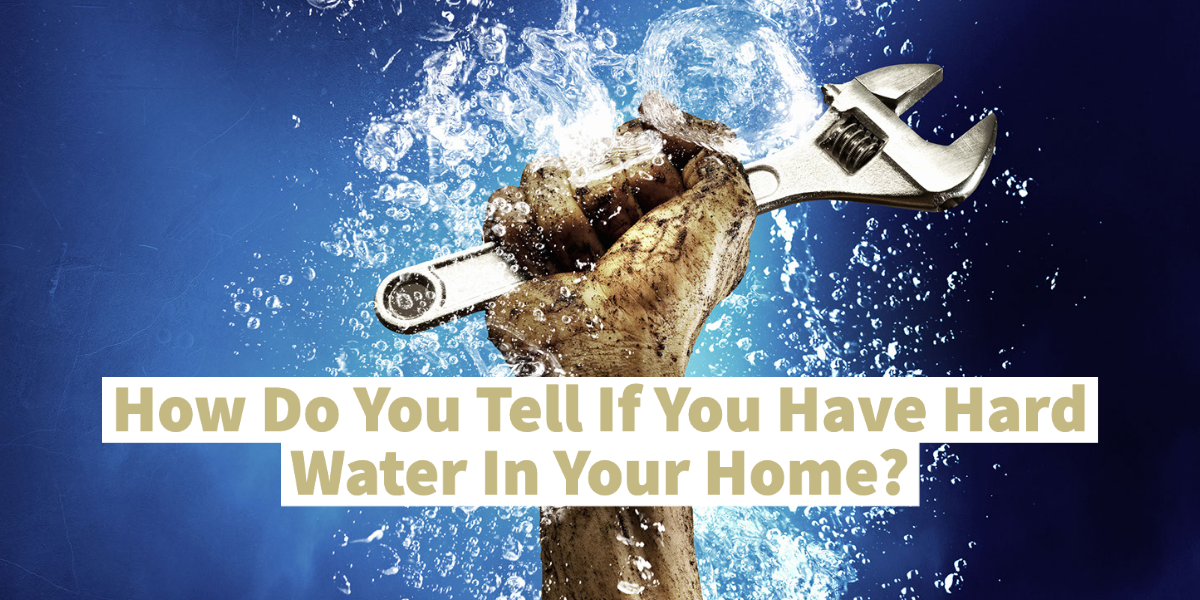Water is essential for our everyday existence, and, as property owners, we tend to take it for granted. After all, people require water to live. Therefore, our water is usually okay as long as the tap is on and the water is flowing. However, it is worth noting that this isn’t always the case. Unfortunately, your house may have a variety of water issues, one of which is known as hard water. Overall, it might be difficult to tell if you have hard water in your house, especially if you’re unfamiliar with your home’s plumbing and how it functions. Nonetheless, our experts at Beavercreek Plumbing & Drain can assess whether or not your property has hard water and recommend the best solution for you. However, while we work on resolving your issue, here is a list of some typical indicators that suggest that your home contains hard water.
1. Is There Residue Build-Up on Your Faucets, Sinks, and Tiles?
Did you know that hard water causes soap scum, film, calcium, and scale build-up? If you’re having any of these issues on a regular basis, it’s probable due to hard water. Furthermore, if your dishes are difficult to clean or if your toilets and/or showers develop rust-colored stains over time, this is a clear indication that your home has hard water.
2. Is Your Faucet’s Flow of Water Slow?
If your water is high in minerals, such as magnesium or calcium, your faucets might not function well or refuse to turn on. Keep in mind that minerals can build up and clog the pipes and fittings in your home, causing hard water. Water with a high mineral content, such as hard water, will lead to clogged pipes and components throughout your home. Thus, it’s only natural that your faucets deliver a slow flow of water due to the mineral build-up.
3. Do You Have Itchy, Irritated, or Dry Skin?
Showers, baths, and even washing your hands with hard water can harm your skin. Because soap residue is more difficult to remove from hard water, it may be left on you, resulting in itchy, irritated, and dry skin. Not to mention, if one of your family members has eczema or another type of skin condition, it may get worse. With that being said, if this is the case in your home, you should contact a specialist at Beavercreek Plumbing & Drain to perform a hard water test.
4. Is Your Hair Dirty or Dry?
Do you have a hard time removing the soap from your hair after each shower? Do family members complain about dirty or dry hair? If so, these might be red flags that you have hard water in your home. Since minerals may get deposited on your skin or in your hair during your rining cycle, your hair may not appear as clean as it should. As a consequence, taking a shower in hard water will leave your skin and hair feeling dry or stripped. Because of this, it is critical to fix your hard water problem at its core.
If you have any of the problems mentioned above, your house may have hard water. The only way to be sure is to hire a specialist. Until you contact a hard water specialist professional, our experts suggest using dishwasher detergents with borax, washing clothes with softening detergent, and applying lotion after you shower. Keep in mind that each of these solutions should be used only as a temporary fix. Contact one of our professionals at Beavercreek Plumbing & Drain to address your hard water problem. Our plumbers are qualified, certified, and licensed to install water softeners and other hard-water treatments in your home. So if you want a hard-water test or need a water softener installation, give us a call now at (937) 404-6575, or book an appointment online by clicking here!




